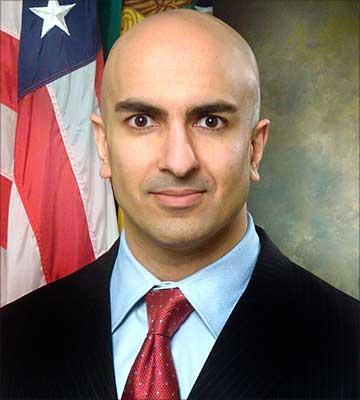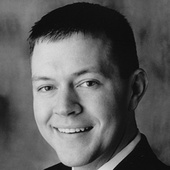Yesterday, I posted an article about Treasury Secretary Henry Paulson and his CEO friends losing hundreds of millions of dollars from their personal portfolios. In fact, during the last 20 months Paulson has lost nearly $300 Million from stock at Goldman Sachs, his former employer. It seems that Paulson has two significant ulterior motives for selling Congress and taxpayers on the $700 billion bailout - his friends and Goldman Sachs.
Following many spectacular collapses of financial firms (Bear Stearns, Merrill Lynch, Lehman Bros, etc.), Goldman Sachs somehow managed to stay afloat - perhaps they knew long ago about this a bailout from their former CEO.
So, let's keep this situation and change the characters and companies... Ronald McDonald has served as Treasury Secretary for the last couple of years. And during the last few years, fast food corporations acted as irresponsibly with their finances. Then Burger King goes bankrupt, then Wendy's, then Taco Bell nearly goes bankrupt to absorb Subway and its debt. However, McDonald's manages to survive and then Sec. Ronald McDonald suddenly decides to push for a $700 billion bailout.
Would Ronald McDonald have a conflict of interest? Yes.
Does Henry Paulson have a conflict of interest? Yes.
Did Dick Cheney have a conflict of interest? Yes.
There is no question that this country is facing an economic crisis. The average family has an increasing amount of debt and an income that doesn't increase at the rate of inflation. However, I do not believe that this $700 billion bailout is anywhere close to the answer. I would argue that universal health care is the best answer. Most people that do not have employer sponsored health insurance are working a lower wage job and cannot afford to buy an individual policy (the same people who are likely to have a subprime mortgage). If you're one of those people, McCain's $5k tax credit does nothing, but add insult to injury. People would be able to afford mortgage payments if they did not have to pay for health care. Universal health care would result in a healthier, more productive population, fewer bankruptcies and no need for a bailout, because many more people would be able to afford to pay their mortgage. Paulson's plan is going to result in a rebound for Goldman Sachs stock and a recovery of Paulson's $300 million personal loss.
What are your thoughts?
Best regards,
Jay
Jay Allen
MovieVoice
jay@movievoice.net


Comments(7)